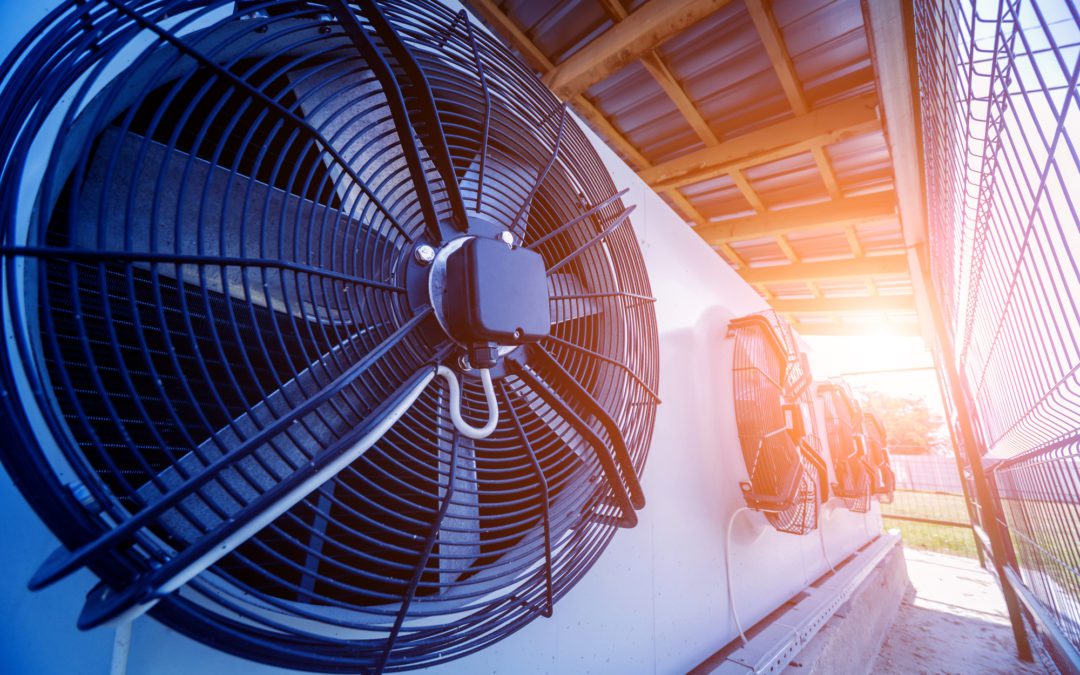Keeping your commercial HVAC system running in tip-top shape is essential for ensuring its longevity and efficiency, for reducing your business’s heating and cooling bills, for keeping the building at a comfortable and consistent temperature, and for preserving air quality throughout your building. As you can see, there is much value to be gained from caring for your HVAC system thoroughly. Many different steps go into that process, from big picture stuff (such as monitoring your month-to-month utility bills and looking for inexplicable increases in heating or cooling costs) to more technical detail-oriented stuff (such as checking electrical connections or drain lines).
In most cases, your best bet for a comprehensive HVAC preventative maintenance strategy will be to hire an HVAC technician whom you trust to do a thorough job. Someone who is trained and experienced with the inner workings of air conditioning systems or commercial heating systems is going will be well-equipped to give your HVAC setup the care it needs. Such a person will also spot potential problems that an untrained eye might overlook. Specifically, your HVAC technician should take care of checking, cleaning, lubricating, repairing, or replacing key system components, such as belts, pulleys, refrigerant, drain lines, drain pans, coils, electrical connections, motors, bearing, heat exchangers, and other parts. If you don’t know your way around an HVAC system, you should leave these checks and fixes to the experts. The last thing you want to do is cause more damage while trying to do a repair!
However, there are certain things you can do yourself to keep your HVAC system up and running with reliability and efficiency. Consider the following steps on your HVAC preventative maintenance checklist.
Check and change your filters
One of the easiest preventative maintenance steps that you can handle on your own is filtration. Filters on heating and cooling systems need to be changed periodically to maintain airflow through the system and to avoid declining air quality. As a general rule, you should be checking your commercial filters monthly, with a replacement cycle of 3-6 months depending on the season, HVAC type, and manufacturer recommendations. If you’re not sure how to check your filters or what you should be looking for, your HVAC technician should be able to give you a primer.
Check thermostats
Sometimes, HVAC issues have nothing to do with the actual HVAC system, but with the thermostat. Other times, the thermostat can offer the first clue that something is wrong with the system. If you set your thermostat at one temperature, but your room temperature is consistently reading as higher or lower than the setting, that’s a red flag that your system isn’t working quite right. Meanwhile, if your thermostat is broken, then that will affect the overall heating and cooling in your building. Regardless, monitoring your thermostats is good practice.
Program your thermostats strategically
Speaking of thermostats, programming them to suit the season, the number of people you have in your building, the parts of the building that are in use, and other variables can increase the efficiency of your HVAC system. For instance, during COVID-19, many businesses sent their employees home and closed down their offices. If your business is still operating remotely for the summer, you should tweak the thermostat settings in your building so that you aren’t spending as much energy and money on cooling a mostly unused space. Consider using a smart thermostat for even more control.
Keep your building clean
Did you know that vacuuming and cleaning your building regularly can positively impact your HVAC system? A buildup of dust, dirt, hair, and other debris in the carpets or on the floors can mean a similar buildup in the ducts or on the vents, which in turn can reduce airflow and air quality. Cleaning your building—with special attention paid to vents and ducts for signs of debris building—can have an indirect but significant impact on the lifespan, efficiency, and effectiveness of your HVAC system.
Make standing appointments with your HVAC technician
As we mentioned before, the best preventative maintenance for your commercial HVAC system is to have an experienced professional check on the system semi-regularly. In general, you’ll want to have standing appointments with your go-to HVAC professional each fall and spring, to get ready for the winter and summer seasons. Since winter and summer are demanding on heating and cooling systems, those pre-season checks are the best assurance you can give yourself that you aren’t going to encounter a breakdown when you are largely relying on your system to work correctly.
Finally, keep an eye (and an ear) out for anything unusual. Weird sounds, spikes in your utility bills, cooling and heating cycles starting up and stopping more frequently and irregularly than usual: all these issues can indicate deeper problems at work with your commercial HVAC. Keeping up with your HVAC preventative maintenance checklist will hopefully preclude these surprise problems, but if it doesn’t, it’s at least good to be aware of what’s happening.

